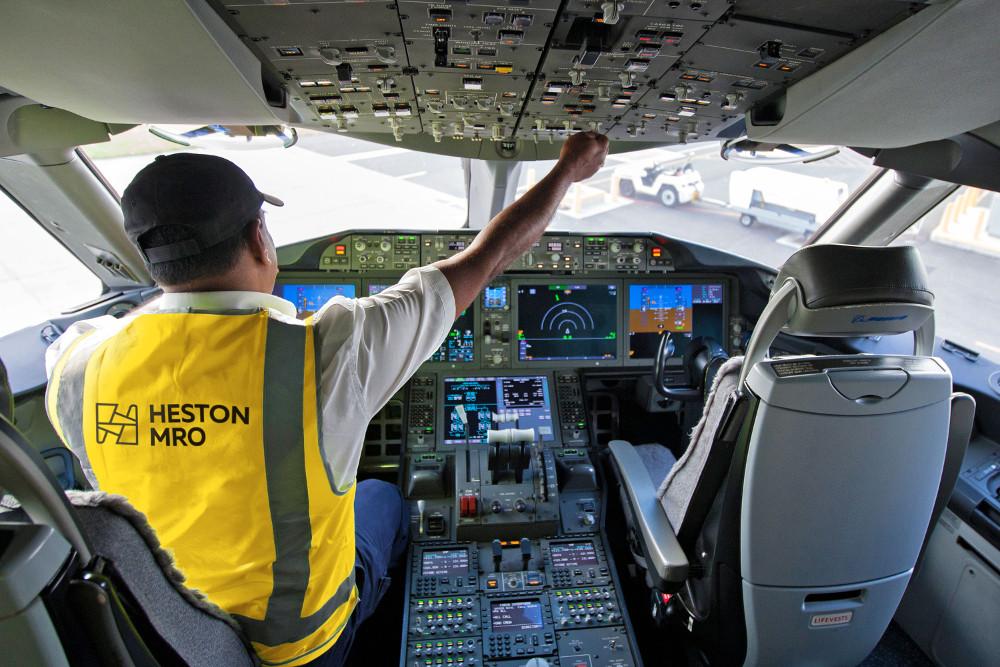
Independent maintenance provider Heston MRO is pressing ahead with its plans for new capabilities despite sizeable disruptions related to COVID-19 and is exploring establishing a possible light heavy maintenance facility in Australia.
Jonas Butautis, director of Heston MRO, says that in the wake of the novel coronavirus pandemic, it adjusted its operation by right-sizing the business to meet the new environment. However, this hasn’t meant a pause of its investment and strategic plans, which he envisages as an offering of line and light heavy maintenance, engine on and off wing services, components repair, engineering services and technical training.
“Over the past few months we added Part-147 technical training capability, we are progressing Part 145 B-rating engines capability, starting CAMO and engineering support capability and advancing EASA certification,” he says. “We are also actively exploring options for light heavy maintenance facility within Australia, to capture the heavy maintenance work leaving the country on a daily basis.”
Since COVID-19 led to border closures in Australia, Butautis says inevitably Heston’s line maintenance was the most impacted part of its business. This was due to the business being primarily focused on international traffic flying in and out of Australia, he says.
“After the initial rollercoaster of ups and downs due to the last-minute repatriation flights, the demand stabilised at around 30-35% of pre-Covid level,” Butautis says. “These remaining customers are a mix of cargo operators, ad-hoc repatriation flights, and some major airlines servicing basic connections to Australia.”
To date, the company operates six line stations across Australia in Sydney, Melbourne, Brisbane, Perth, Adelaide and the Gold Coast. Other parts of the Heston business, such as components repair and engineering services, were less effected.
Despite seeing a robust business able to ride out the COVID-19 storm, Butautis is realistic about the company needing to adopt a more local and regional approach for its customer pool in the near future due to ongoing international border restrictions.
He believes that Australia’s international borders will be closed until at least the start of 2021, apart from some exceptions which may be created with nearby countries like New Zealand, Singapore, Japan and the Pacific Islands. “We are shaping our business to capture that wave of imminent local and regional recovery,” he says. “At the same time we keep the ongoing relationships with global airlines, waiting out the time until the international borders are opened and flights to Australia resume.”





